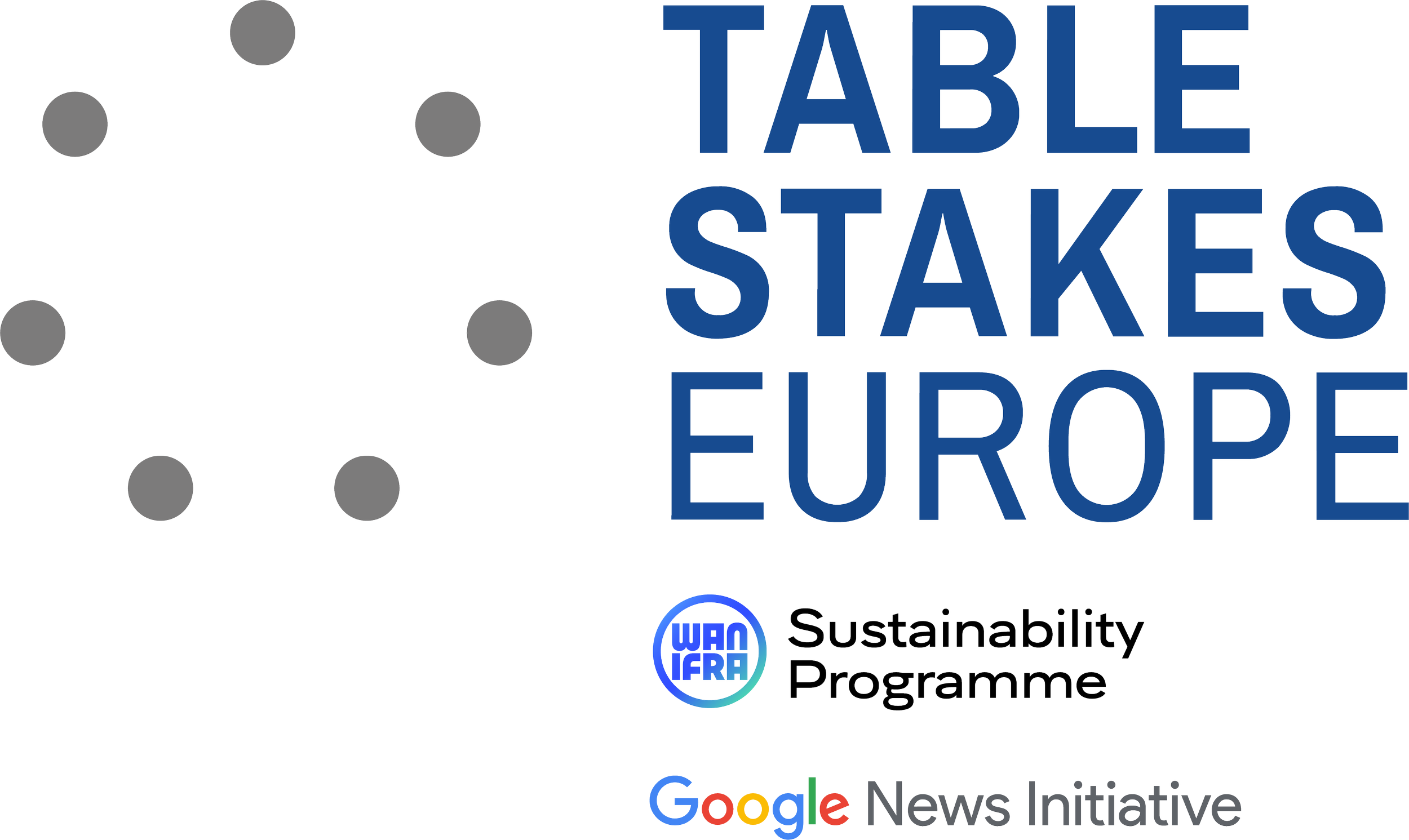Meet the TSE coaches: Alexandra Borchardt
A central member of the coaching team is Dr. Alexandra Borchardt, a journalist, keynote speaker, media consultant and Senior Research Associate at the Reuters Institute for the Study of Journalism at the University of Oxford. As their Director of Leadership Programmes she developed and lead on courses for senior journalists and media managers. Before that, she was managing editor of Süddeutsche Zeitung, Germany’s leading quality daily.
As the Table Stakes Europe group were meeting in Paris for the first time recently, we took the opportunity to ask her about what attracted her to the initiative and how her own experiences will help her in working with participants.
WAN-IFRA: What's the most interesting aspect of Table Stakes Europe for you?
Alexandra Borchardt: I like many aspects: The Table Stakes method is results-driven and pragmatic, it’s about making things work in the newsroom. It takes into account that people and power structures do matter.
And of course it is hugely interesting and fun to work with such a high-profile and diverse international group of participants.
But most importantly, Table Stakes puts quality journalism at the core. Let me quote Doug Smith here who says: "Every organisation can find some part of its best future in its best past." By the way Doug is a real role model.
What are some of the things from your experience that you can apply when coaching Table Stakes Europe participants?
I have been a journalist for more than 25 years, 15 of these in leadership roles, meaning I know a lot about journalism but also about people, power dynamics, what works and what usually doesn’t.
I developed and led the Leadership Programmes at the Reuters Institute for the Study of Journalism at the University of Oxford, these are open programmes for editors and media managers from all over the world.
"What I learned there is how much participants from diverse backgrounds can give each other once trust is established. Usually people who join these kind of programmes are among the most progressive ones in their organisations, those with a learning mindset. That’s key to success."
Who are some coaches you have admired?
I have admired different skills and characteristics in different coaches. The most important ones to me apart from a sharp analytical mind are optimism, warmth and the ability to listen and read between the lines.
What’s the best book you have read about transformation or managing change and why?
Everybody should probably know John Kotter’s classic “Leading Change.” But apart from that I must admit I haven’t read many books on managing change, I was too busy managing change most of the time.
"This is probably why I like Herminia Ibarra’s “Act like a leader, think like a leader.” It says exactly that: You grow most by doing. Which of course doesn’t mean to succumb to the daily operational stuff without knowing where you are headed. The Table Stakes concept combines both: Having clearly defined tools to develop a vision and strategy that help you while you are acting."
There are publishers from seven countries participating in Table Stakes. Do you think there are national differences in how publishers approach challenges? E.g. French publishers as opposed to German ones, etc.?
Every company has their own culture and environment, that’s why there is no one-size-fits-all solution. My experience from Oxford is the national differences do not matter as much.
The second Table Stakes Europe session will take place in Lisbon, Portugal next month as part of a series of five meetings between now and October 2020.
The Table Stakes Europe programme for local and regional news organisations is created through a collaboration of WAN-IFRA and Table Stakes architect Doug Smith in partnership with the Google News Initiative.
Original article written by Brian Veseling.
